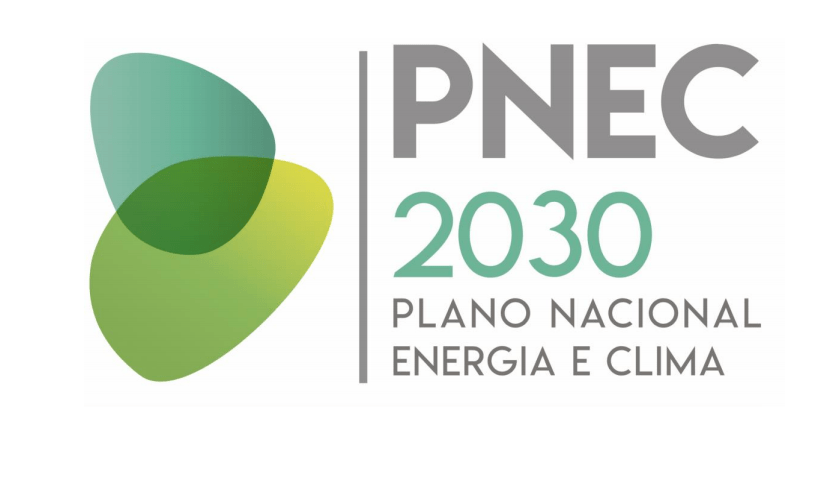PORTUGAL AND
ENVIRONMENTAL SUSTAINABILITY

PORTUGAL IS ONE OF THE COUNTRIES WITH THE BEST NATURAL FEATURES FOR THE DEVELOPMENT AND IMPLEMENTATION OF ENVIRONMENTAL SUSTAINABILITY MEASURES, NOTABLY GREEN HYDROGEN
Our country has an installed capacity of renewable energy above the European average, a high level of annual solar radiation, competitive renewable energy production prices, and one of the most modern gas distribution networks in Europe, which can be easily adapted to receive green hydrogen. Introducing hydrogen into energy systems will foster energy independence by reducing imports. In this regard, João Matos Fernandes, former Minister of Environment and Climate Action, stated that “if we replace 3% of natural gas with hydrogen, we shall save about €600M within 10 years”.
The National Energy and Climate Plan (PNEC 2030), which Portugal submitted to the European Commission (EC) in 2019, has as its main objective the fulfilment of certain targets by 2030. These aim to ensure the commitment of environmental sustainability that the Government made in 2016 to ensure it reaches net zero by 2050
THE OBJECTIVES OF PNEC 2030:
This plan refers to the relevance and importance of infrastructure to receive, store, transport and distribute natural gas to incorporate hydrogen as a green energy source. Thus, Portugal’s national targets for 2030 are:
45% - 55%
Reduction of greenhouse gas emissions compared to 2005 levels (without LULUCEF)
47%
Minimum share of energy from renewable sources in gross final consumption.
35%
Energy Efficiency.
In tandem with the PNEC 2030 is the National Hydrogen Plan, approved in Council of Ministers Resolution 63/2020 in August 2020.
Thus, hydrogen is recognised as an important driver of the energy transition that aims to improve environmental sustainability in Portugal. These documents contribute to the development of a strategy aimed at the production of renewable energy, without greenhouse gas emissions and in an energy, economically and financially efficient manner.
Both environmental sustainability plans also recognise the importance of the current National Gas System, which is one of the most modern in Europe, reduces costs and barriers to market entry of hydrogen, avoids network obsolescence, and uses a system that allows hydrogen induction into the national energy system immediately. In addition, it reduces the risk of over-expansion of electricity grids, thus avoiding an increased cost for decarbonisation.


OUR COUNTRY'S POTENTIAL IN THE ENERGY TRANSITION
Portugal has natural and endogenous resources that are extremely advantageous for environmental sustainability compared to the other countries of the European Union. The high availability of renewable resources, particularly in terms of sun, wind and water, offers our country enormous competitive advantages on the path to the energy transition.
Adicionalmente, Portugal beneficia também de ativos físicos importantíssimos, nomeadamente no que diz respeito à rede de pública de gás, que é das mais recentes da Europa e construída 94% em polietileno, assegurando condições adequadas para a futura distribuição de hidrogénio em toda a infraestrutura atualmente existente.
The Natural Energy of Hydrogen aims to introduce a volume of hydrogen into our gas distribution networks and to make itself the start of a national energy transition process, ensuring the use of the current infrastructure and thus making a decisive contribution to Portugal’s commitment to energy self-sufficiency, economic development and environmental preservation.
By 2030, according to the National Hydrogen Plan, between 10% and 15% of the gas distributed in the network is expected to be green hydrogen, bringing this innovative mixture to the Portuguese people.
The Natural Energy of Hydrogen accelerates the decarbonisation of the gas sector in Portugal.

